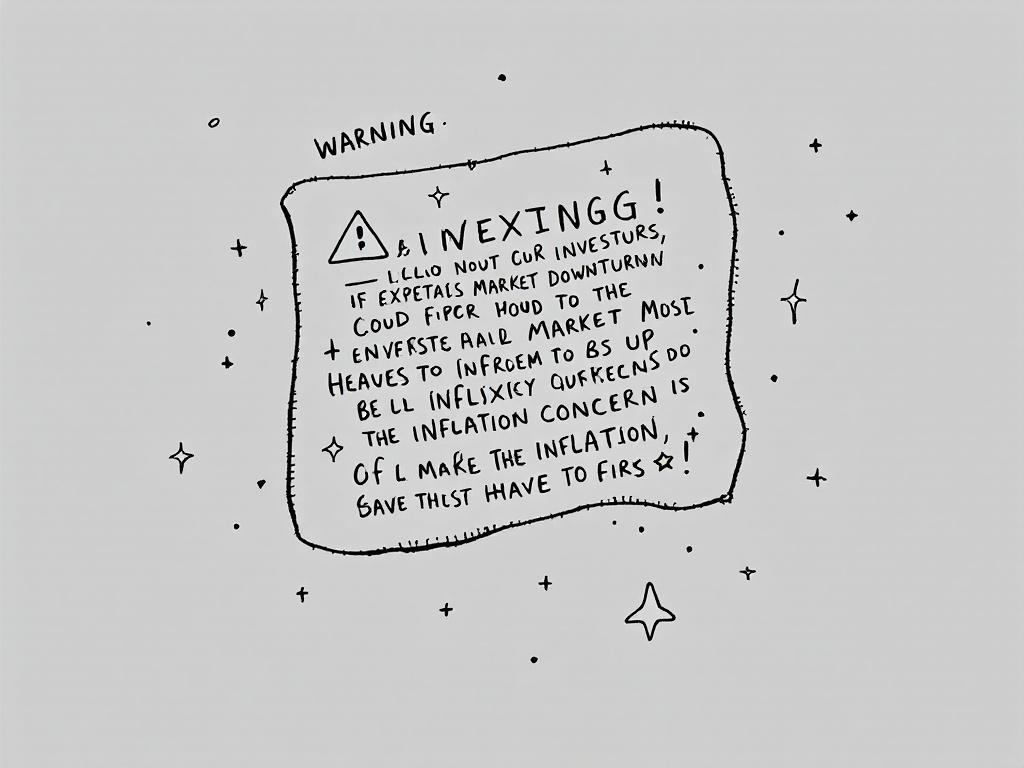Experts Warn of Bull Market's Potential End Amid Inflation Concerns

New York, Friday, 7 November 2025.
Financial experts caution investors about possible market downturns as historical patterns suggest significant gains could precede losses. Rising inflation and interest rates add to the uncertainty.
Rising Concerns Over Market Valuations
With the S&P 500 index reaching a record high daily close of 6,890.89 on October 28, 2025, financial experts are increasingly concerned about potential overvaluation in the market [1]. Prominent bank executives and hedge fund managers have issued warnings about the stock market’s overvaluation, suggesting a correction might be on the horizon [2]. Notable technology companies, including Nvidia with a market valuation of $5 trillion, and Microsoft and Apple each at $4 trillion, exemplify the high valuations driving these concerns [2][3].
Historical Patterns and Inflation Concerns
Historically, the S&P 500 index has experienced 15 bear markets since the crash of 1929, with significant declines such as the 56.8% fall during the 2007-2008 financial crisis [2]. Current market conditions are compounded by rising inflation and interest rates, which experts warn could impact consumer confidence and spending, thereby affecting market dynamics [4]. Inflationary pressures have resulted in increased caution among investors, as reflected in recent consumer sentiment surveys [5].
Strategies for Risk Management
In response to these uncertainties, financial analysts are advising investors to diversify their portfolios and consider safer investment vehicles such as Treasury bills and FDIC-insured savings accounts [2][5]. In addition, the potential for a market correction is prompting investors to review their asset allocations to ensure they are prepared for a downturn [1]. This strategic reevaluation is crucial in light of fluctuating market conditions and the possibility of a shift from the current bull market to a bear market [2].
Impact on the Broader Economy
The potential end of the bull market could have significant implications for the broader economy, particularly if consumer spending decreases due to inflation and interest rate hikes [4]. As the U.S. faces challenges such as a weakening labor market and uncertainty in trade policies, the sustainability of economic growth may be at risk [5]. Consequently, businesses and policymakers are urged to adopt proactive measures to mitigate these risks and support economic stability [5].